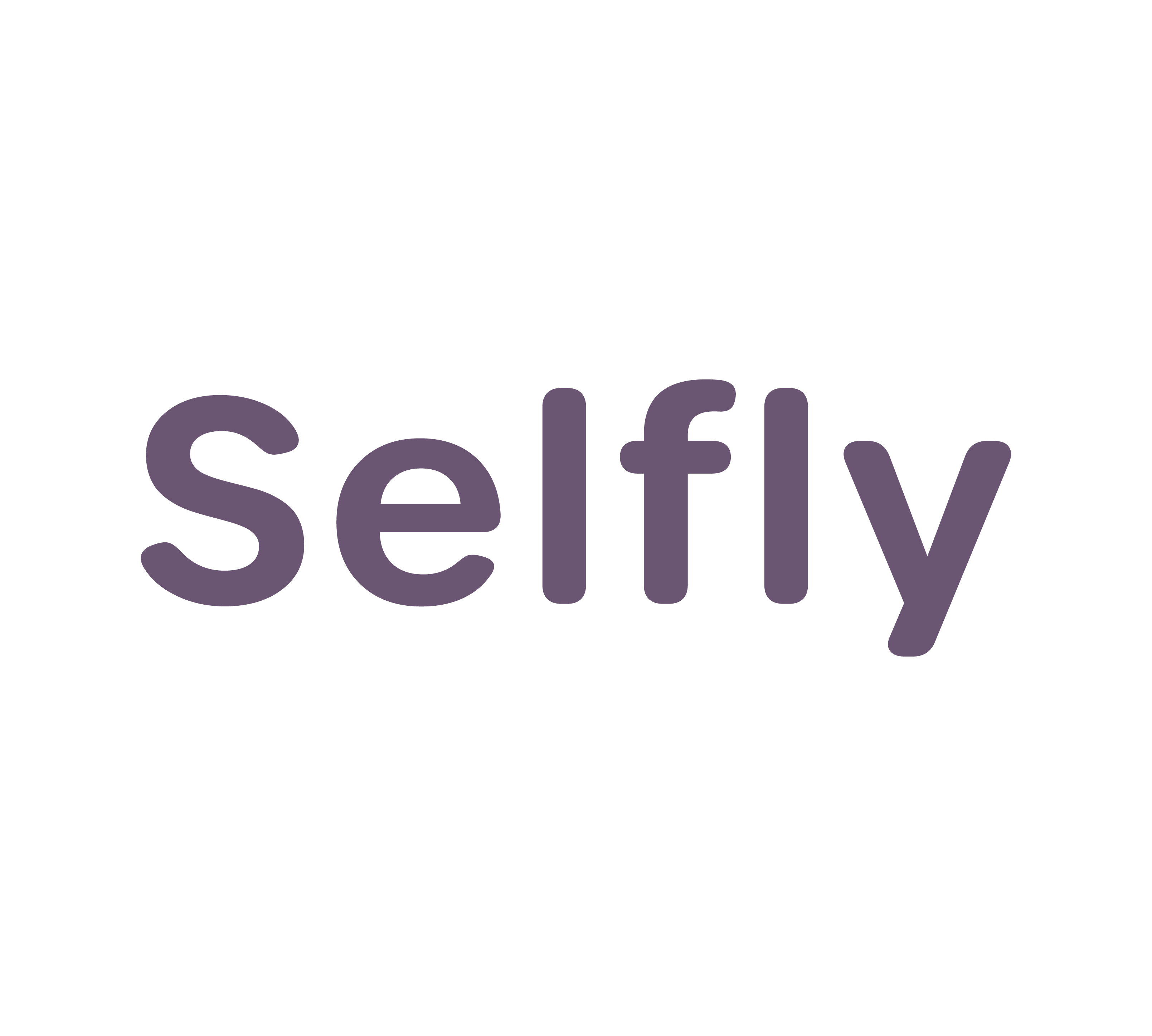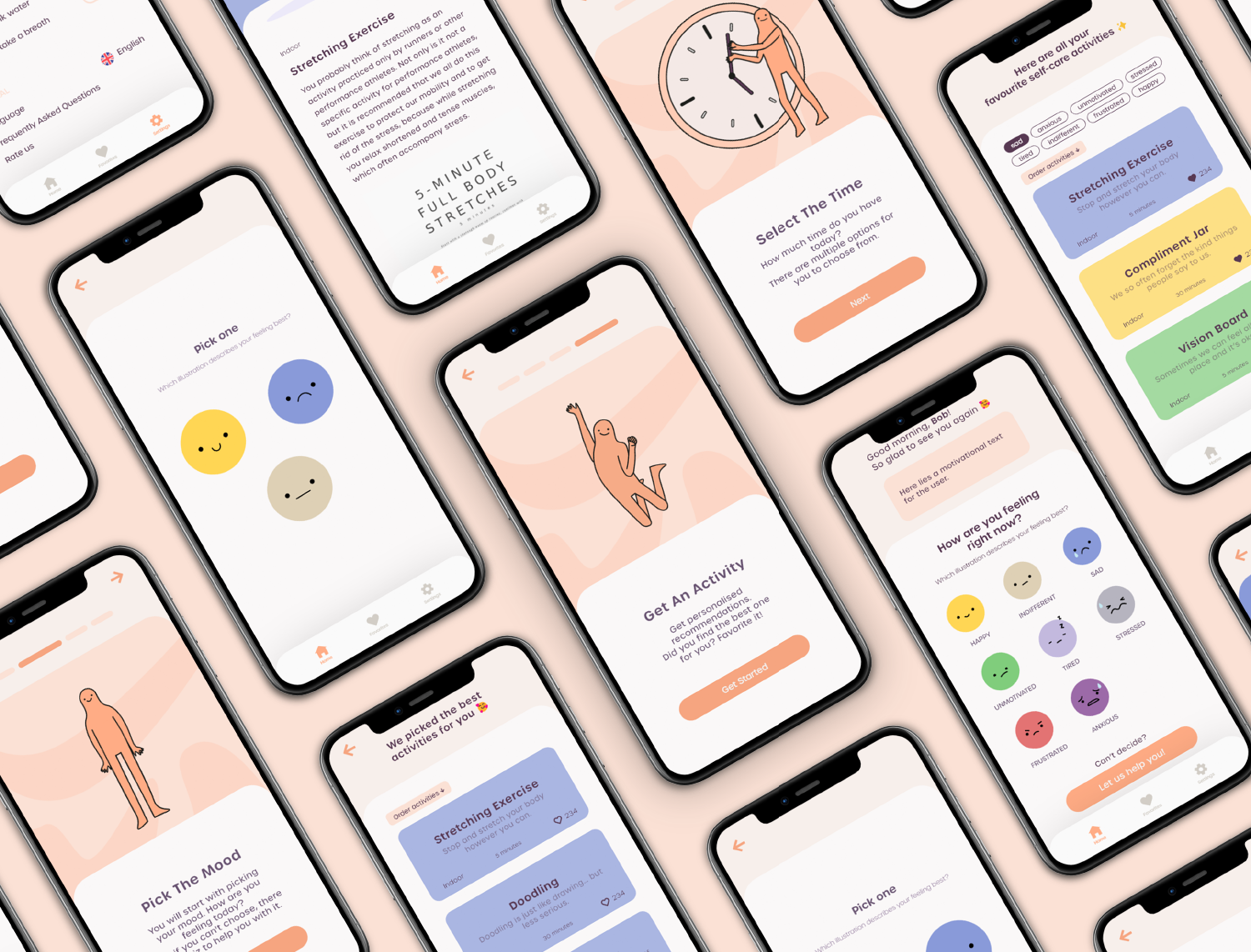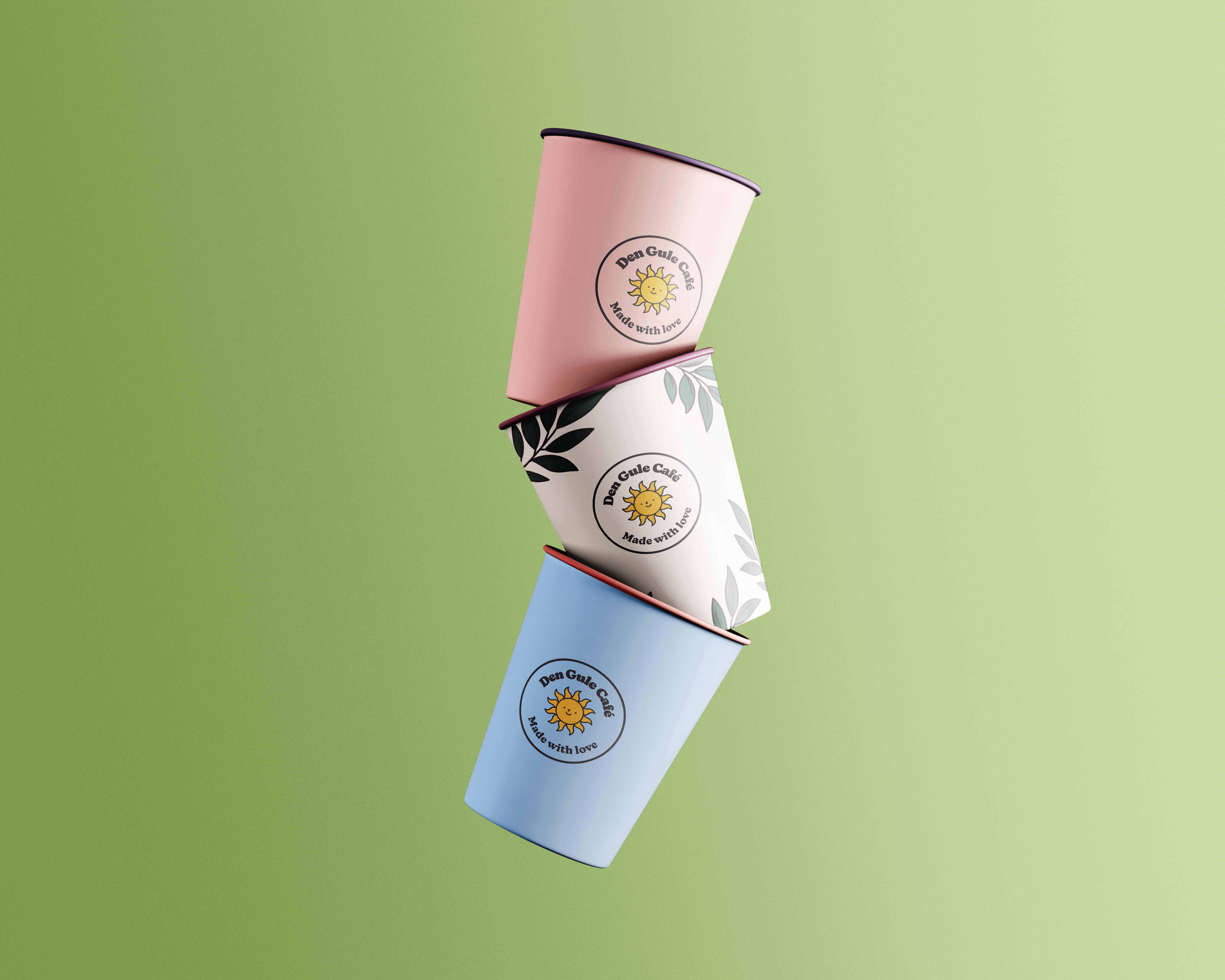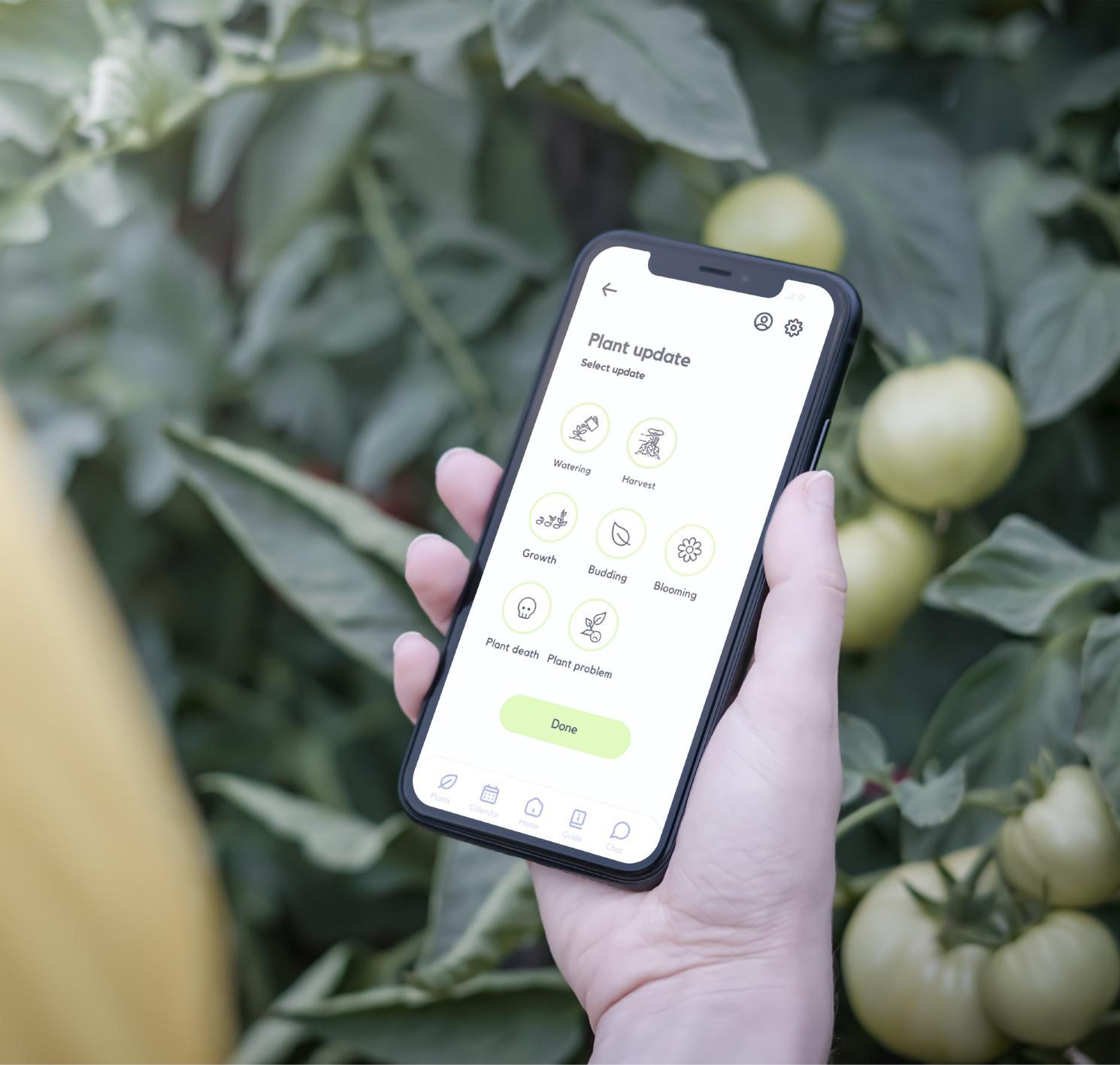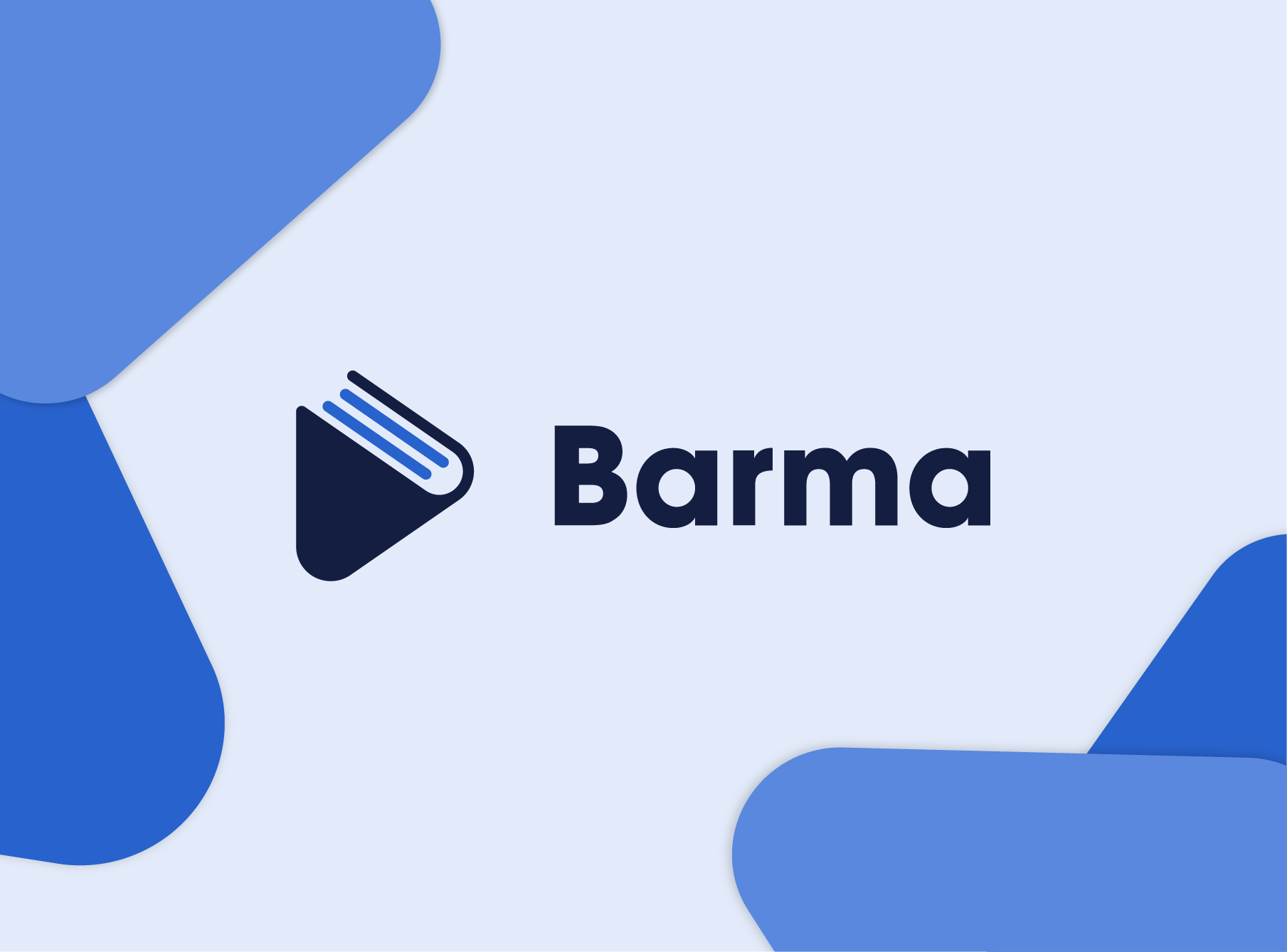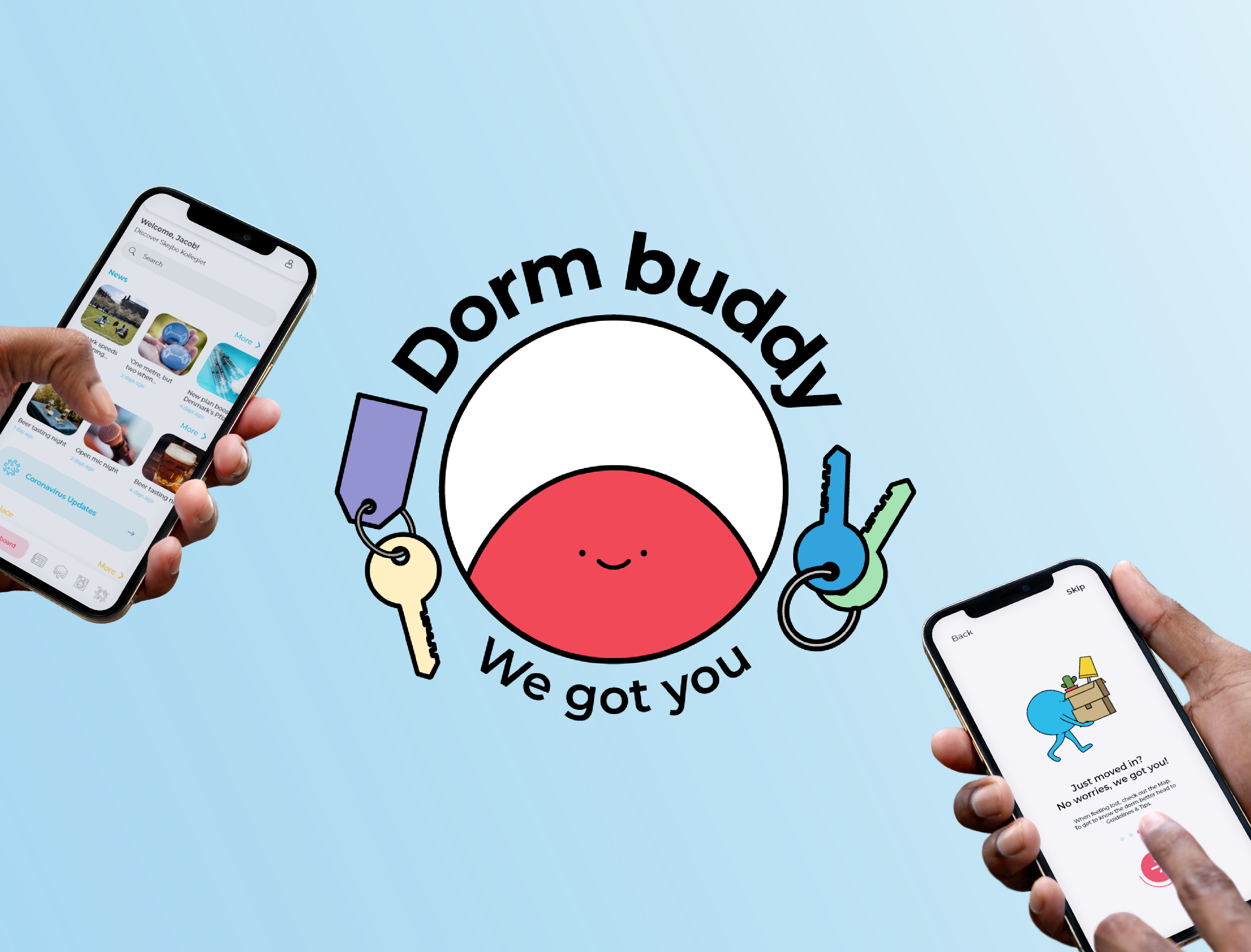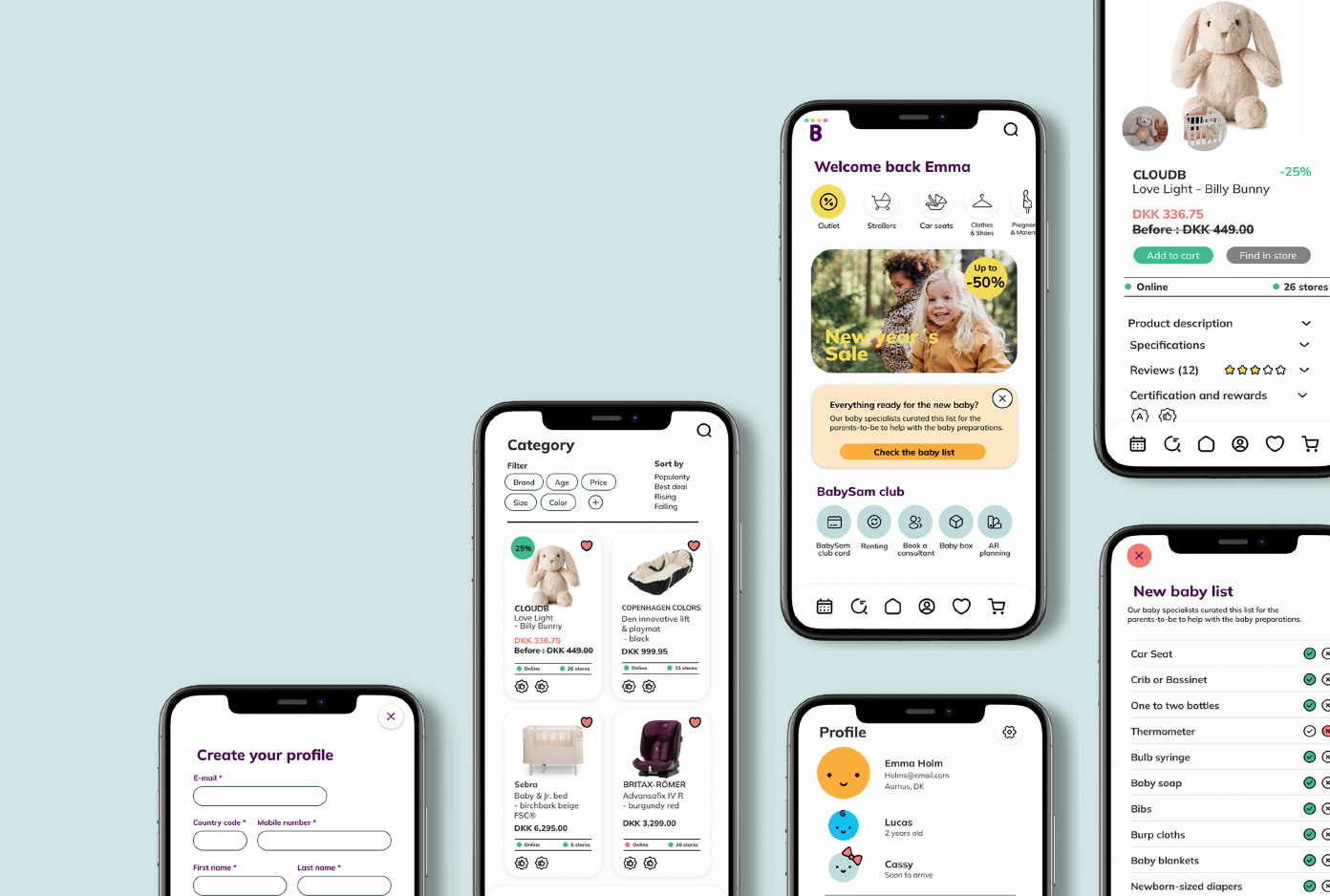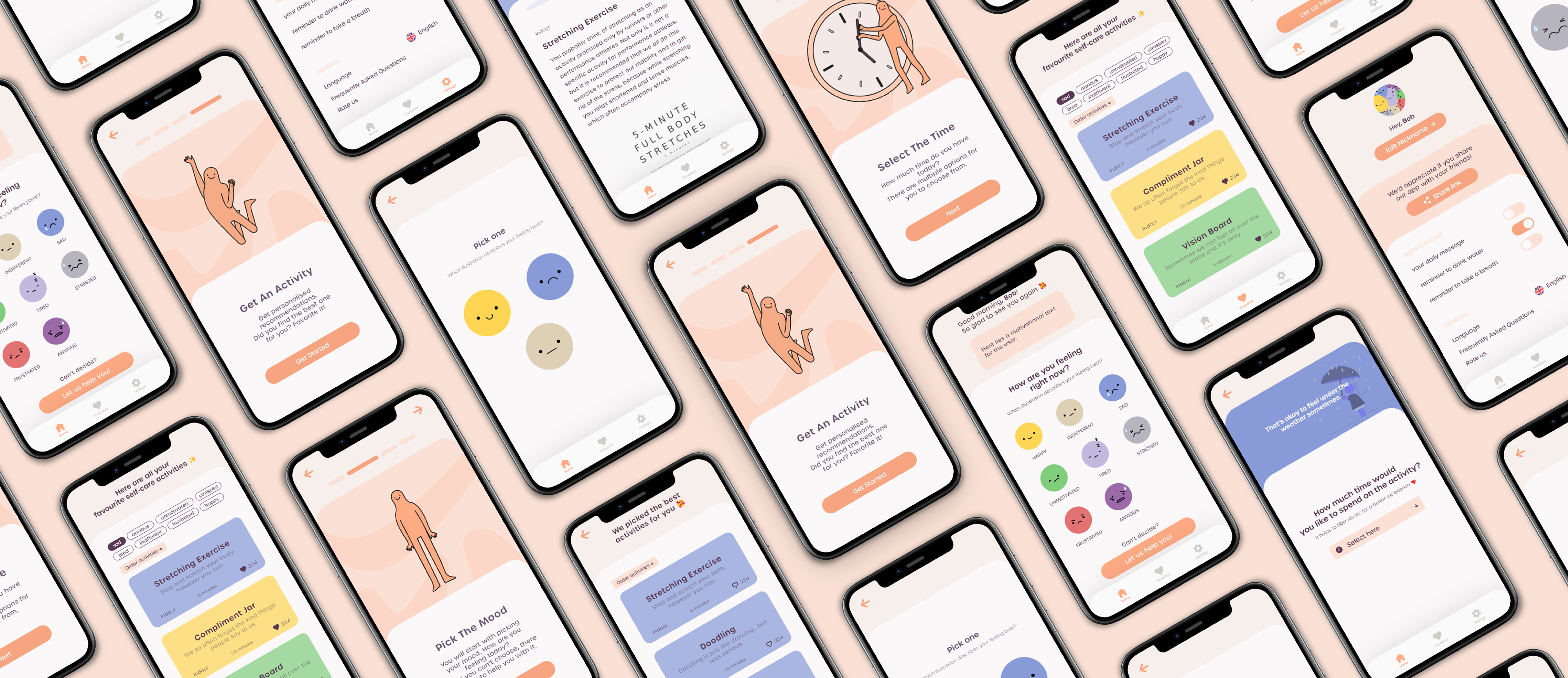
Selfy app
It is normal to have your feelings fluctuate throughout the day - we are humans, after all. But what‘s important is the way we cope with emotional burdens or bad days. Sometimes we just lack ideas on how we can care for ourselves.
This is where Selfly, self-care mobile app, can be a useful tool to support and help people find new ways to boost their well-being.
The way Selfly works is for the user to identify and select the emotion they are feeling in the moment. If they cannot decide, there‘s a quiz to help them. After that, the user selects a time range from five minutes to an hour or more. Then the user is given tailored activities.
Selfly‘s main purpose is to offer healthy coping mechanisms and fun activities to pass the time, no matter how short.
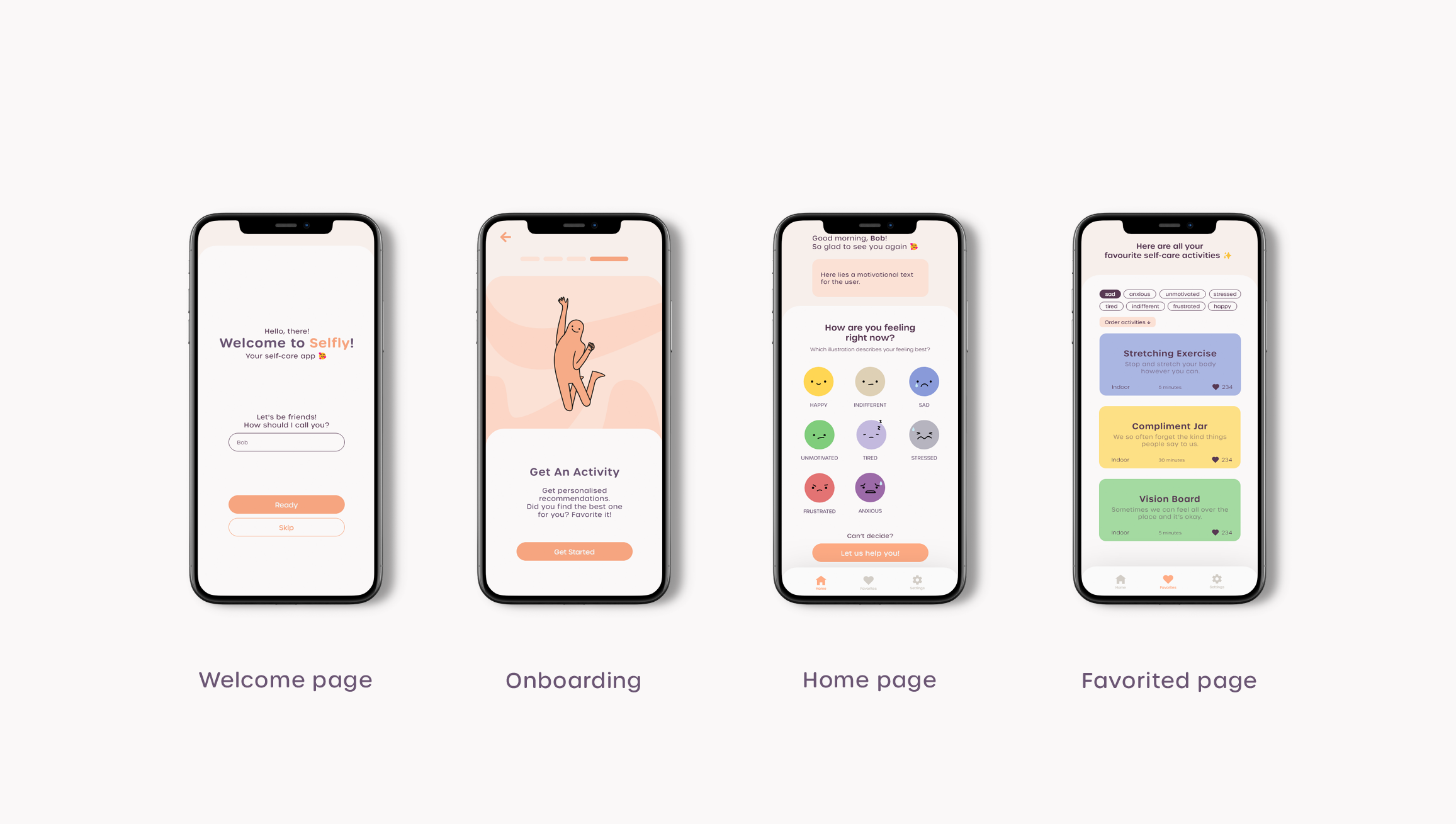
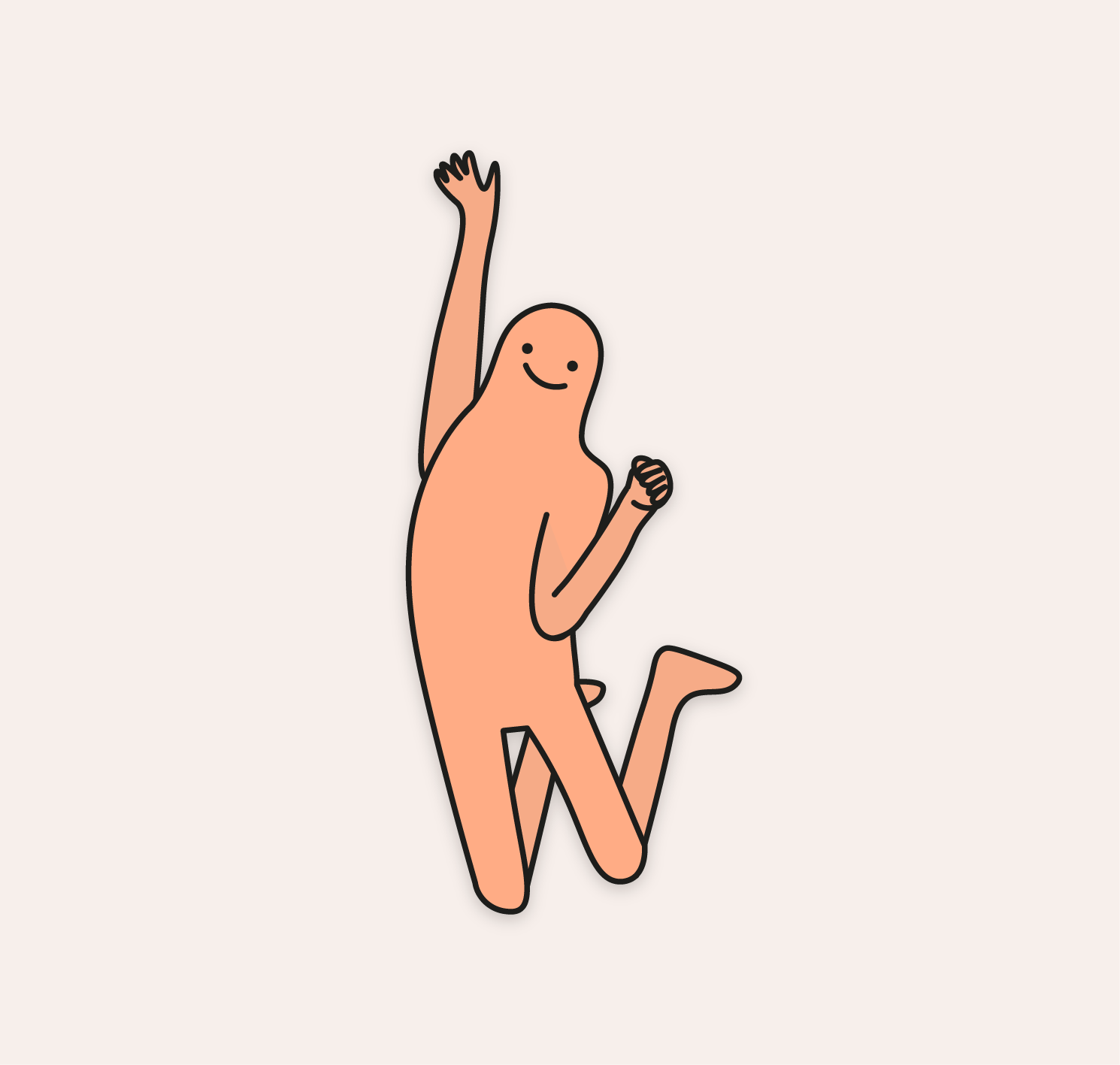
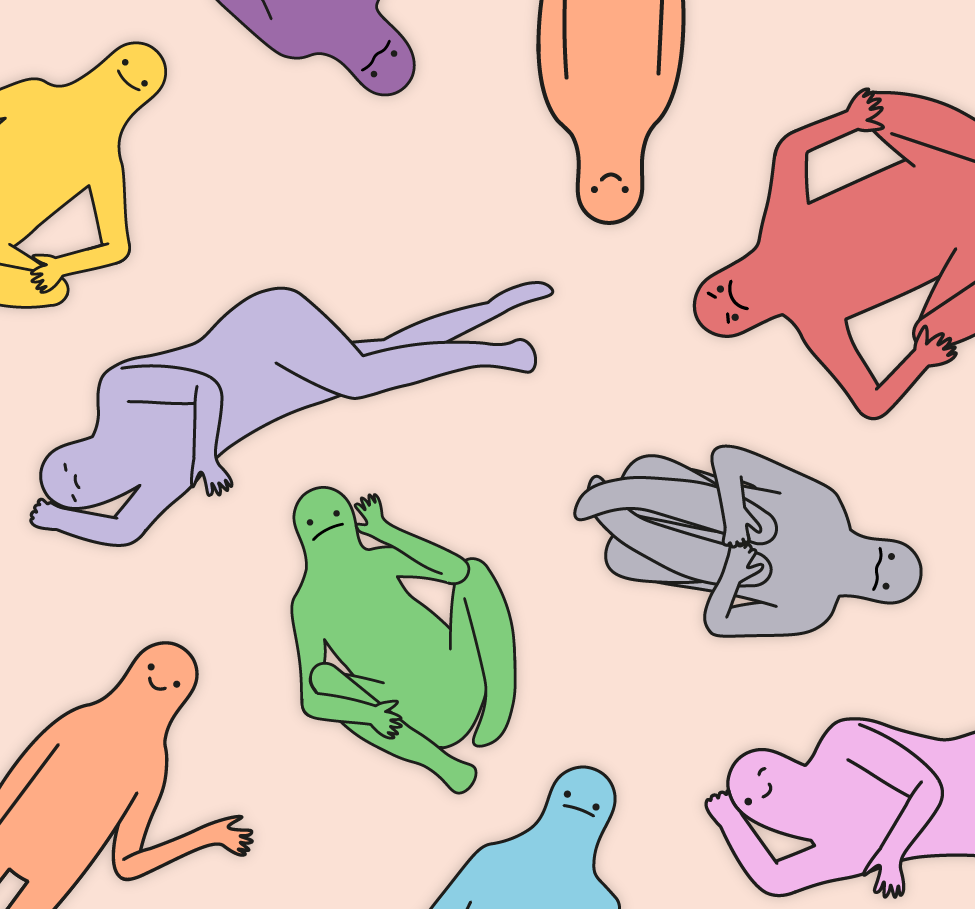
My intention with Bob was to create a companion that serves as a supportive and familiar „face.“ Bob is humanoid in shape to enable us to feel a closer connection with them.
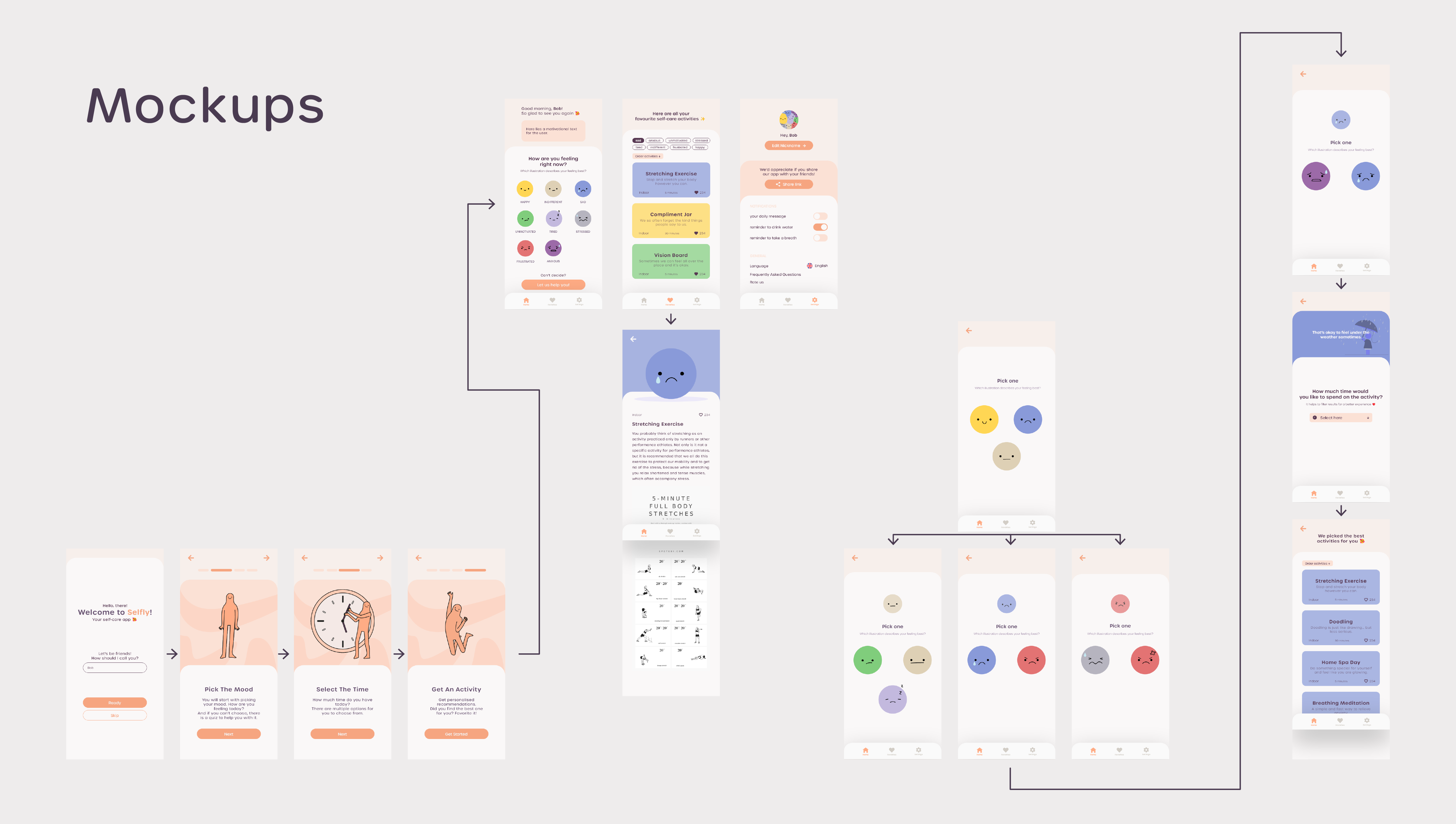

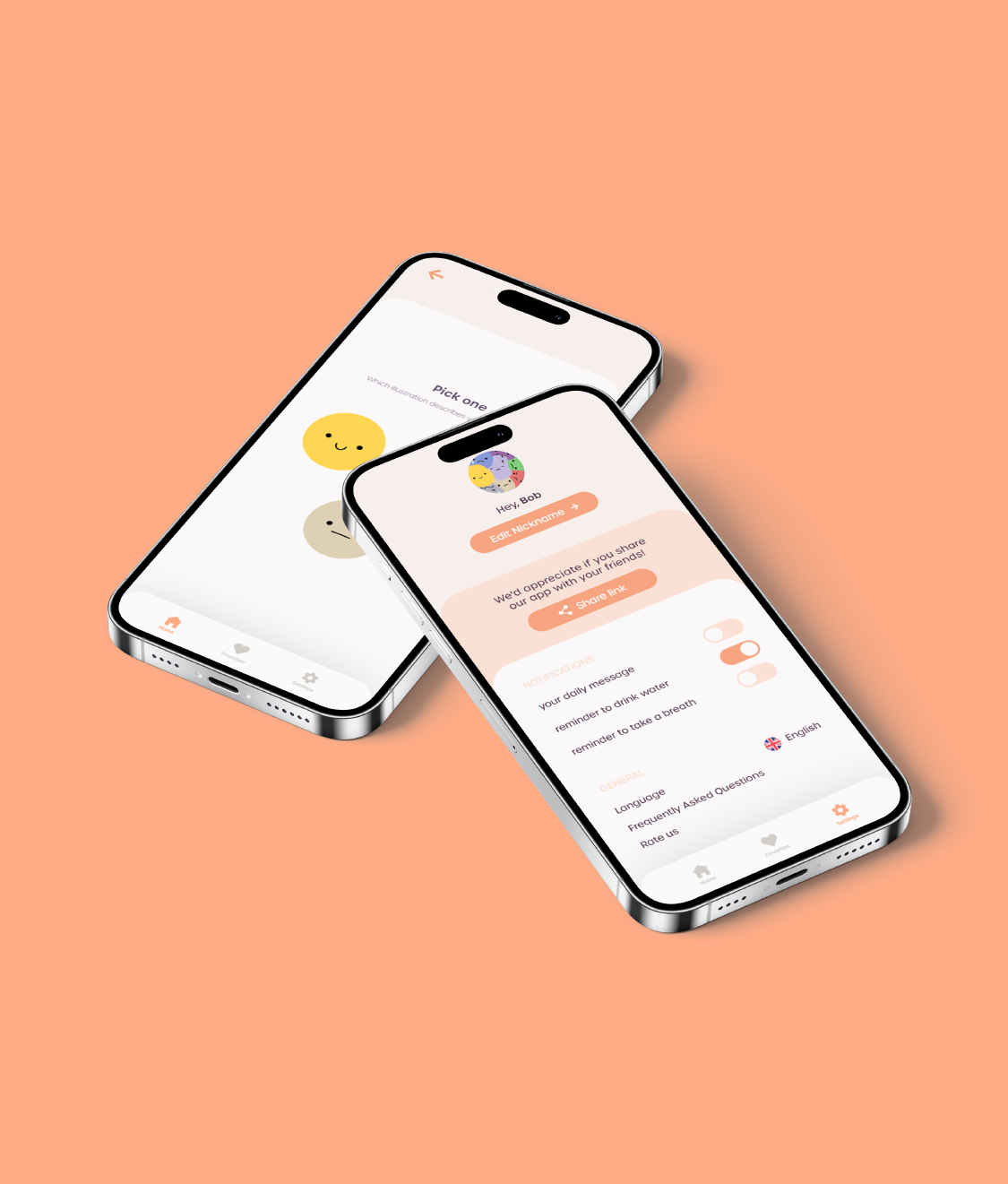
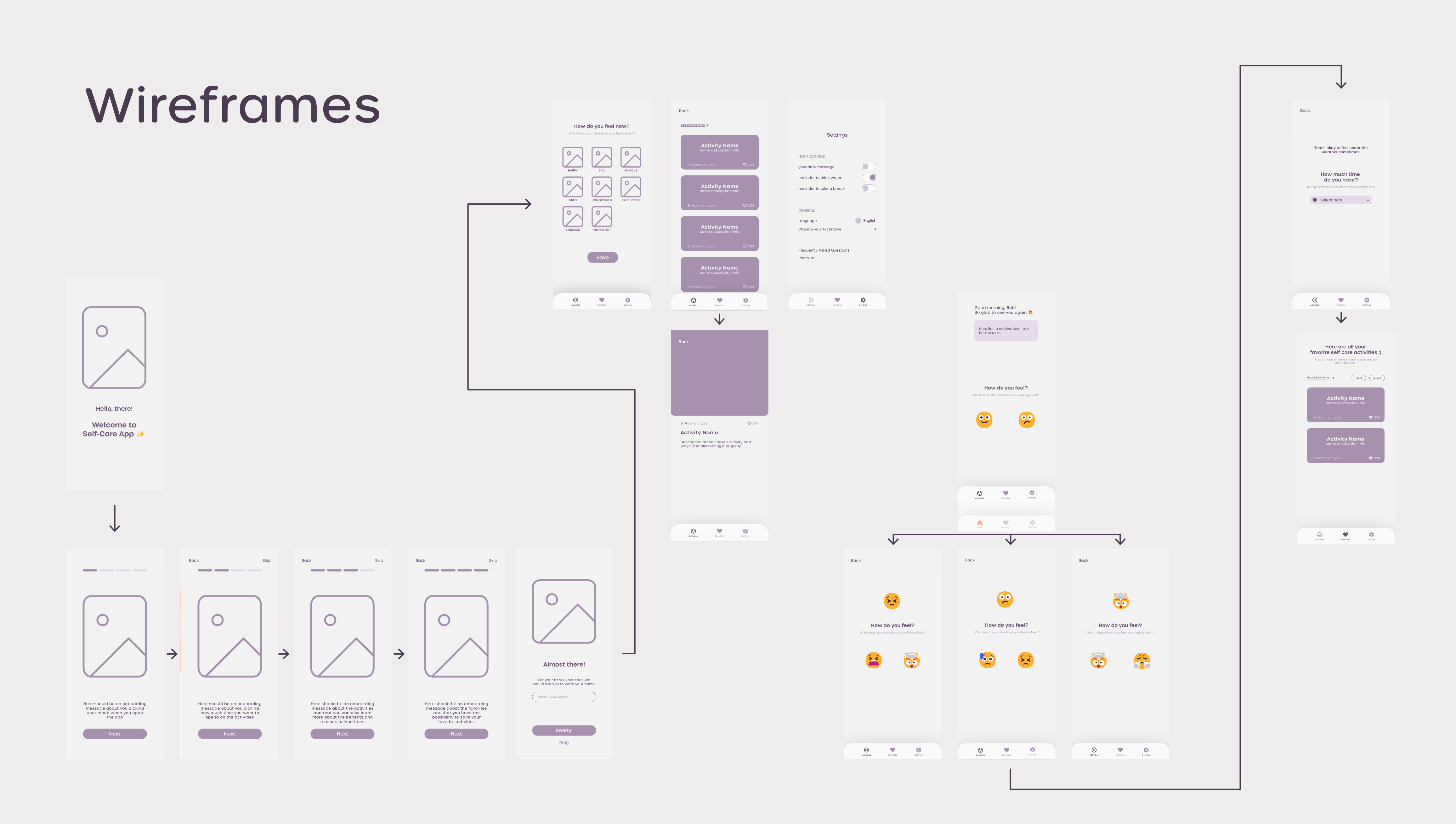
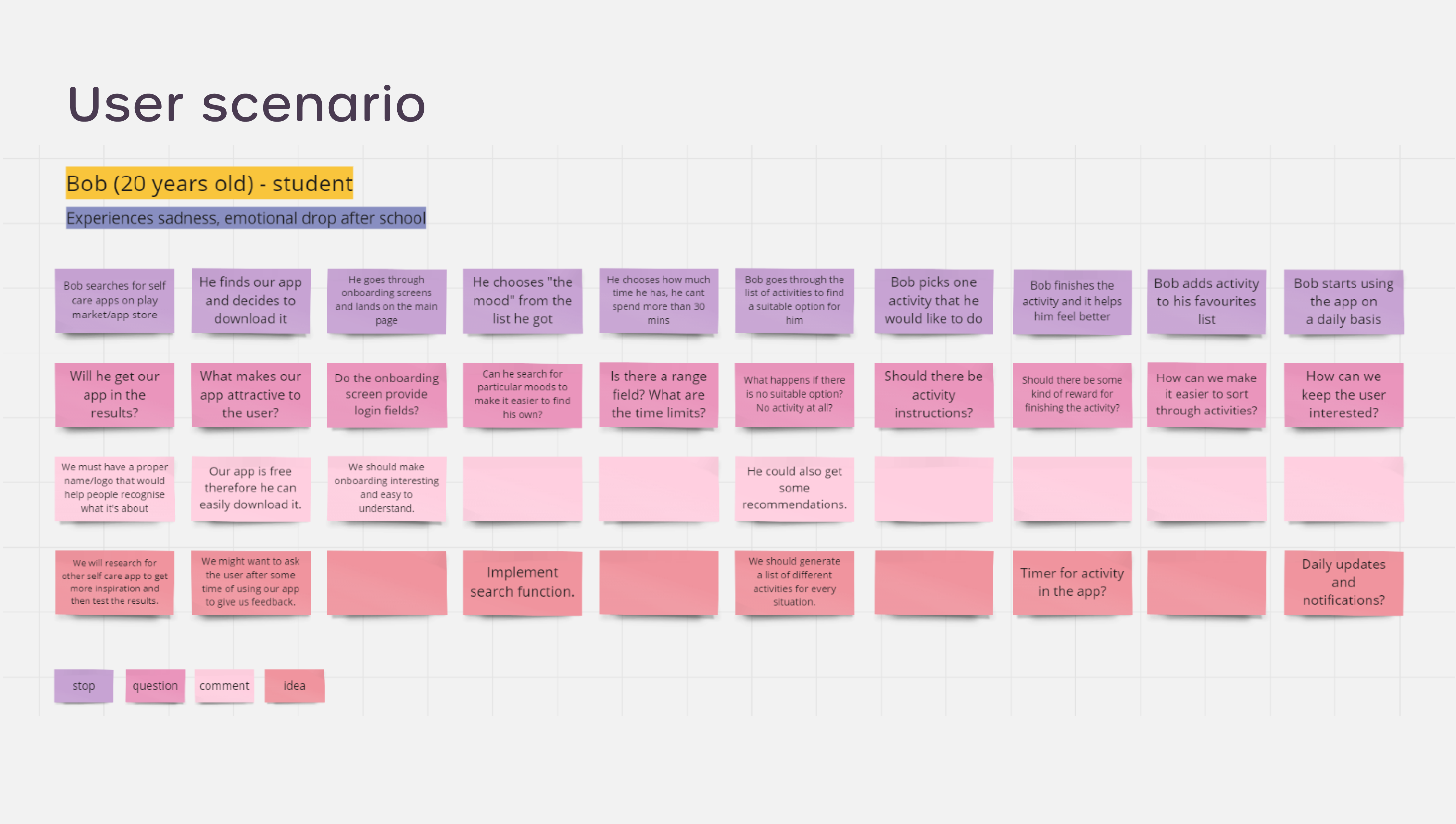
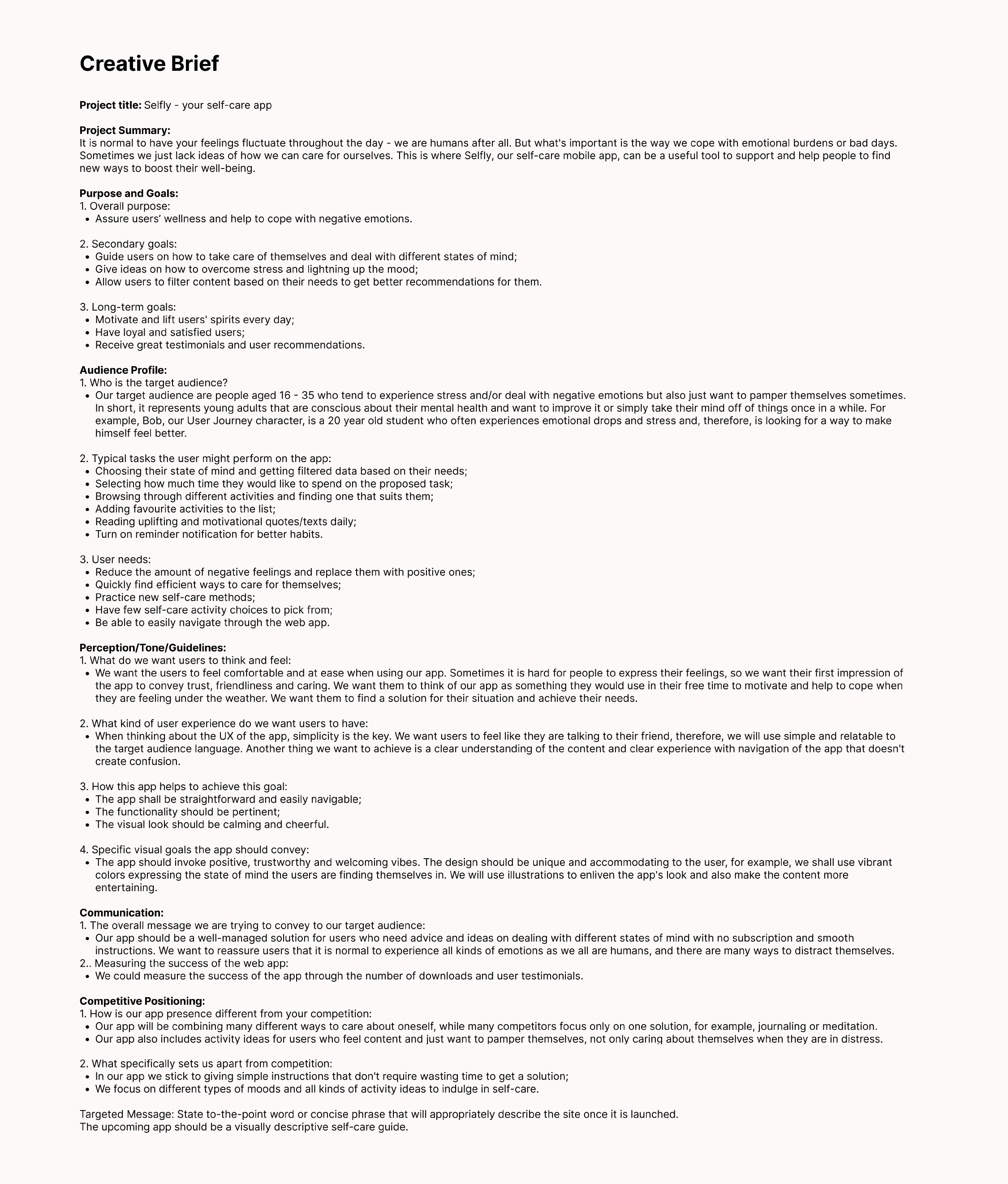
Reflecting on our journey with Selfly, it became evident that developing the app was about much more than simply creating a mobile application. It became a mission to empower users to take control of their emotional health and well-being. This process served as a poignant reminder of the profound impact that thoughtful design and empathetic support can have on people's lives. It further solidified our commitment to utilizing technology as a catalyst for positive change in mental health and self-care.
Working on Selfly was a sensitive endeavor for both me and my team. Mental health held personal significance for all of us, prompting us to approach the topic with care and consideration. We recognized that while we had a perspective to offer, it was imperative to acknowledge our limitations and ensure that we were not overstepping boundaries. Therefore, we made a conscious decision to focus on providing short-term solutions to day-to-day negative emotions rather than delving into deeper issues for which we lacked accreditation.
Despite this limitation, we were able to create a comprehensive concept that, based on our testing, showed potential to make a meaningful impact. Our commitment to ethical design and responsible use of technology guided every aspect of the app's development, ensuring that Selfly remained a safe and supportive space for users to explore and address their emotions.
In conclusion, our experience with Selfly underscored the importance of approaching sensitive topics with humility and empathy. It highlighted the potential for technology to serve as a tool for positive change in mental health and self-care, provided it is wielded responsibly and with a deep understanding of the complexities involved.
